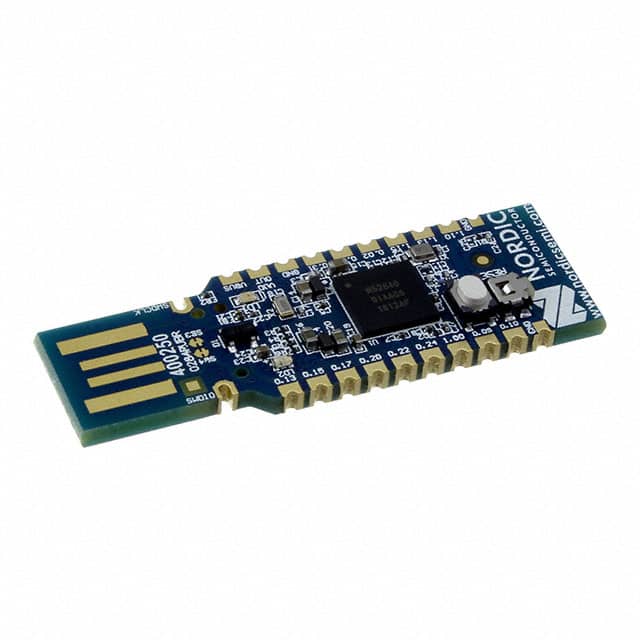
DJI
DJI Headquarters, 14th Floor, West Wing, Skyworth Semiconductor Design Building, No. 18 Gaoxin South 4th Ave, Nanshan District, Shenzhen, China






DJI, short for Da-Jiang Innovations, is a global leader in civilian drones and aerial imaging technology. Founded in 2006 by Frank Wang in Shenzhen, China, the company began as a small team in a university dorm room and has grown into an industry-defining powerhouse. With a mission to make aerial photography and filmmaking accessible to everyone, DJI revolutionized how people capture the world from above.
The company’s innovative product lines—such as the Phantom, Mavic, Inspire, and Air series—combine advanced flight control systems, high-resolution cameras, and intelligent flight modes, making them ideal for professional filmmakers, hobbyists, surveyors, and rescue teams alike. DJI also develops gimbals, action cameras, and camera stabilizers used in film production and content creation.
Beyond consumer drones, DJI has expanded into enterprise solutions, offering aerial platforms for agriculture, infrastructure inspection, mapping, and public safety. Its technology has been instrumental in disaster response, environmental monitoring, and precision farming.
Headquartered in Shenzhen, with offices across the globe, DJI integrates cutting-edge engineering, precision manufacturing, and customer-focused design. Its commitment to innovation and quality has secured its position as the world’s leading drone manufacturer, shaping the future of aerial technology for both recreational and industrial applications.
- support@dji.com
- +86-755-26656677
- Shenzhen, Guangdong Province, China
Company Information
Founding & Headquarters
DJI was founded in 2006 by Frank Wang (Wang Tao) in Shenzhen, China. It remains headquartered there, with offices and service centers around the globe, including in the United States, Europe, Japan, and the Netherlands.
Core Business
DJI is the world’s leading manufacturer of civilian drones and aerial imaging technology. The company develops unmanned aerial vehicles (UAVs) for both consumer and professional use, integrating advanced flight control systems, intelligent navigation, and high-resolution imaging.
Products & Solutions
-
Consumer Drones: Popular models include the Mavic, Phantom, Mini, and Air series, widely used for photography, filmmaking, and recreation.
-
Professional & Enterprise Drones: The Inspire and Matrice series serve industries such as filmmaking, agriculture, infrastructure inspection, public safety, and environmental monitoring.
-
Agricultural Drones: DJI offers spraying and seeding drones that improve farming efficiency and reduce chemical usage.
-
Other Products: The company also produces handheld gimbals, action cameras, and imaging systems such as the Osmo and Ronin series.
Market Presence
DJI controls more than 70% of the global consumer drone market. Its products are trusted worldwide by individual creators, businesses, and government agencies.
Leadership
The company was founded and is led by Frank Wang (Wang Tao), an engineer and entrepreneur recognized as a global pioneer in aerial robotics.
Products
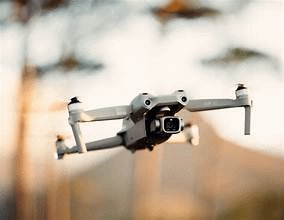
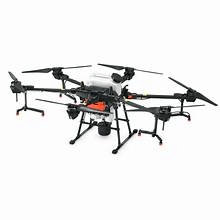
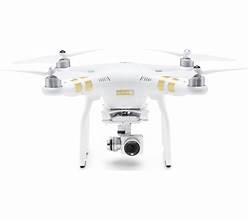
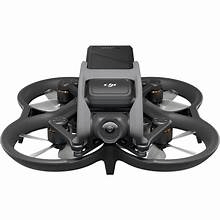
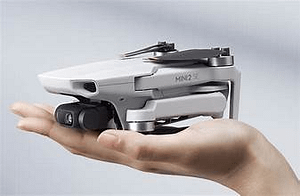
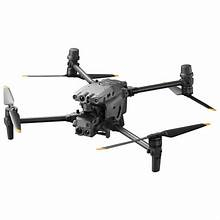
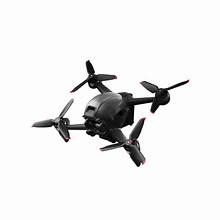
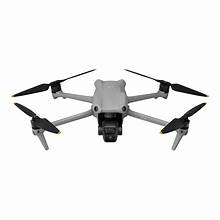
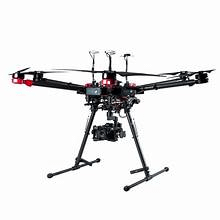
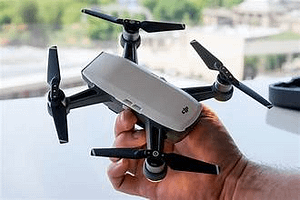
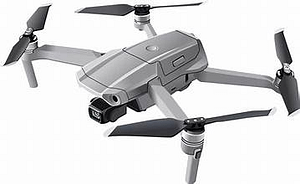
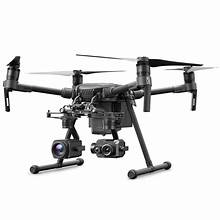
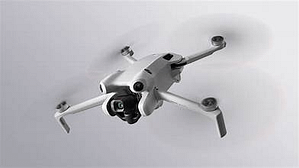
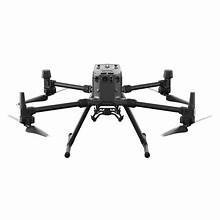
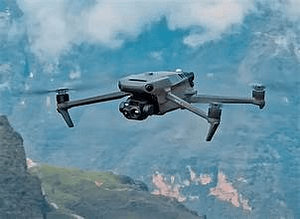
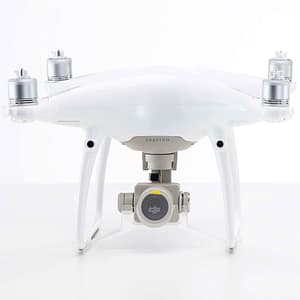

Newsletter
Latest Products
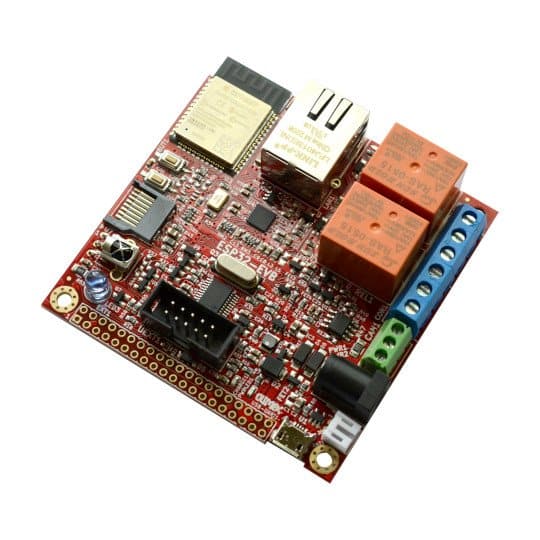
ESP32-EVB is an industrial-grade development board with Ethernet, relays, CAN bus, and microSD — perfect for robotic automation, gateways, or industrial IoT systems with rugged connectivity needs.
Olimex ESP32-EVB

Combines ESP32 with LoRa transceiver and OLED screen. It’s designed for long-range telemetry and low-power robotics like delivery drones, field monitors, and agricultural bots.
Heltec WiFi LoRa 32 (V3)
Events

Shopper Insights Tech Showcase
Live demos of AI-driven shopper research tools, including biometrics, neuromarketing, and ethnography

